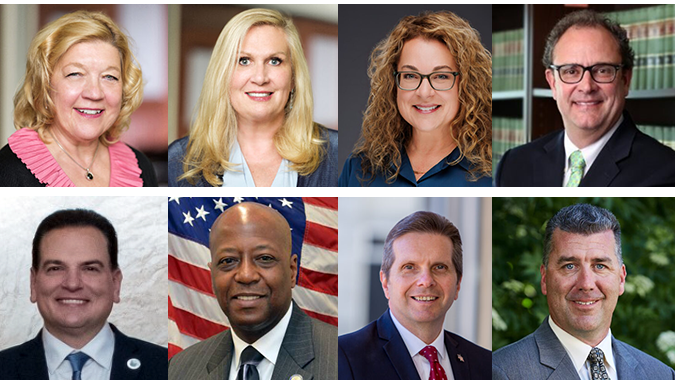Packaging and plastics are a way of life for most people in a modern society.
But a package of bills that seeks to alter how they’re used is likely to deliver a headache for New Jersey businesses, manufacturers and the public.
The bills are scheduled to be heard in the Senate Environment and Energy Committee on Monday.
“These are bills that will add more costs and burdens to business, frustrate consumers and are mostly impractical,” said NJBIA Deputy Chief Government Affairs Officer Ray Cantor.
“Plastics are essential to modern living from food packaging to medicine, to tech and renewable energy. But there remains an effort by a few who want to eliminate them, no matter the burden. These bills represent another chapter in New Jersey’s well-established reputation of being unfriendly to business, and for no real tangible result.”
The bills, which are mostly being championed by Sen. Bob Smith (D-17) and Sen. John McKeon (D-27), include the following:
- S-208: Requires producers of packaging products sold in New Jersey to adopt and implement packaging product stewardship plans.
- S-224: Prohibits sale, distribution, and import of certain products marketed as recyclable, unless DEP determines that products are widely recycled.
- S-226: Prohibits use by certain retailers of shipping boxes greater than two times volume of product being shipped.
- S-3135: Requires producers of plastic packaging and certain other plastic products to reduce quantity of plastic sold.
- S-3147 (For discussion only): Establishes "Beverage Container Deposit Act"; requires use of returnable beverage containers in NJ and establishes deposit and refund system to facilitate return of such containers to manufacturers for reuse or proper disposal.
- S-3195: Prohibits food service businesses from providing single-use plastic utensils and condiments to customers, except upon request, and requires certain food service businesses to provide reusable, washable utensils to customers eating on site.
Cantor said bill S-208, for starters, would be impractical as any stewardship plan to help manage, collect, transport, recycle and reuse packaging products because the state Department of Environmental Protection would need to approve the plan.
“I think we can support the concept of Extended Producer Responsibility (EPR). But this bill would merely shift the costs of the program without increasing any recycling of materials,” Cantor said.
“DEP has not even come up with their food waste recycling regulations. They have not come up with their dirty dirt regulations. This would be another ask of the agency that it can’t keep up with.”
Regarding bill S-224, Cantor said it would “create confusion in the marketplace, harm manufacturers for issues beyond their control, and would not have any discernable benefits.”
For bill S-226, Cantor said it would interview with sophisticated logistical practices for business, with little, if any, environmental benefit.
“Our policymakers should not be determining the best ways to ship without any expertise of their own,” Cantor added. “These companies have reasons for how and why they package certain items. They’re certainly not looking to add to the expense for logistics. Plus, we should add, cardboard is recyclable.”




